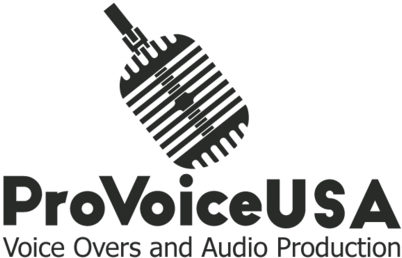Voice talents are accustomed to using their own voice and their own manner of speaking when they work to create narrations and voice-overs for TV, movies, and even for telephone greetings and messages. However; there may be times when a client specifically asks for a certain type of voice to be used, or for a particular set of characteristics to inform your voice-over: the client may want you to portray a person or character different from yourself. Sometimes, they will require a more mature, older-sounding voice for their documentary, or someone with an accent. This may be an intimidating prospect for some voice talents; but it is actually a chance for you to showcase your versatility and step out of your comfort zone. You may already have some quick impersonations you can perform, but it can’t really hurt you to know how to portray other people, or to tweak your voice to make it sound the way the client wants. After all, the most successful voice talents are known to be “chameleons”: people who can portray men, women, children, and even fantasy characters. Here are some tips for trying out different “character” voices:
Look for inspiration in real life – Perhaps you know someone with a distinct voice with certain quirks like lisps or mispronunciations. You can use them as inspiration for a character voice, or as a “vocal template”. Then, tweak the basic voice by adding your own quirks and unique characteristics (like a drawl or expression).
Try to study and imitate different accents – See if you can do a convincing accent: British, Boston, South American…try a variety of accents to see if they are easy for you to pull off. Watch talk shows and news programs to see how people from different countries talk; and see if you can do the same. Try out different voices to see which one seems more appropriate for the script.
Practice – This is the only way that you will ever get better at doing different voices. Constant practice is the key to nailing authentic accents and characters. Try to stay in character during auditions, and try your accents on native speakers to get their reaction and feedback.
Doing vocal work using a different voice than your own may seem daunting at first; but the more that you do it, the more comfortable of an experience it becomes for you. Vocal versatility will ensure that you’re not just a “one-trick vocal pony”, and that you have more to offer the client than just your well-modulated speaking voice.
ProVoice USA offers Professional Voice-over and Audio Production services. We have extensive experience in creating narrative audio for TV, radio, and online projects with no-haggle pricing. Call us up at (877) 865-3459 or send us an e-mail at info@provoiceusa.com to learn more about our services.

